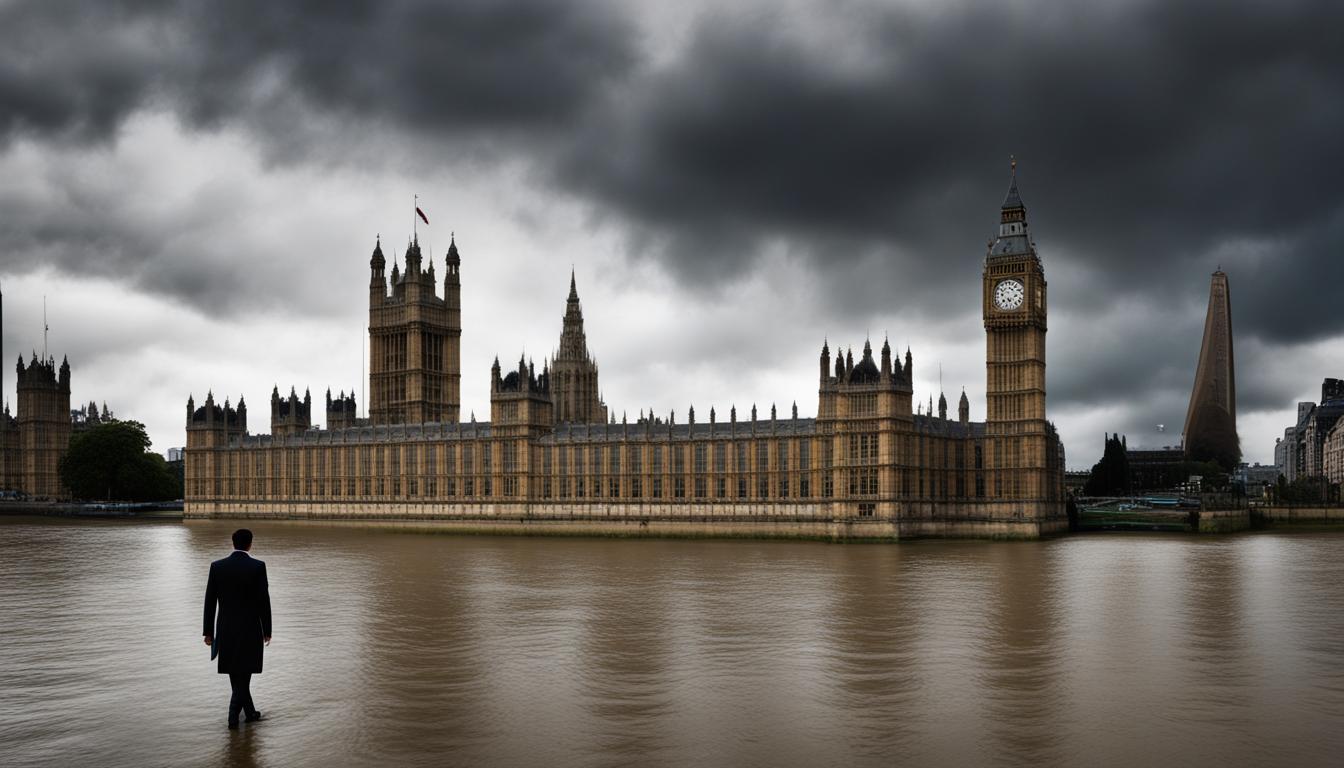Prime Minister Rishi Sunak has decided to delay the anticipated summer general election, opting for a potential autumn timeline following the Conservative Party’s recent losses in local elections and strategic shifts in political planning.
Recent developments in UK politics have seen Prime Minister Rishi Sunak opting to push back plans for a summer general election, aiming instead for a potential autumn date. This strategy follows a series of local election results where the Conservative Party experienced significant seat losses. The postponement is seen as an effort to capitalise on anticipated improvements in national circumstances, including the resumption of Rwanda flights and a stabilising economy, to enhance electoral prospects.
As of the latest reports, the Conservative Party holds a voter share of 27%, trailing behind Labour’s 34%, suggesting a possible hung parliament scenario. In response to the electoral landscape, Sunak is slated to introduce a welfare reform plan, closely timed with the Bank of England’s upcoming decision regarding interest rates, anticipated later this week.
These tactical decisions come in the wake of the Conservative Party losing nearly 400 council seats, prompting internal discussions about the timing of the next general election. Originally, there was speculation about an election in June or July, potentially triggered by a leadership challenge against Sunak. However, this plan has since been shelved as party rebels have stepped back from immediate leadership challenges, aligning instead with Sunak’s preferred timeline for an election in the latter part of the year.













